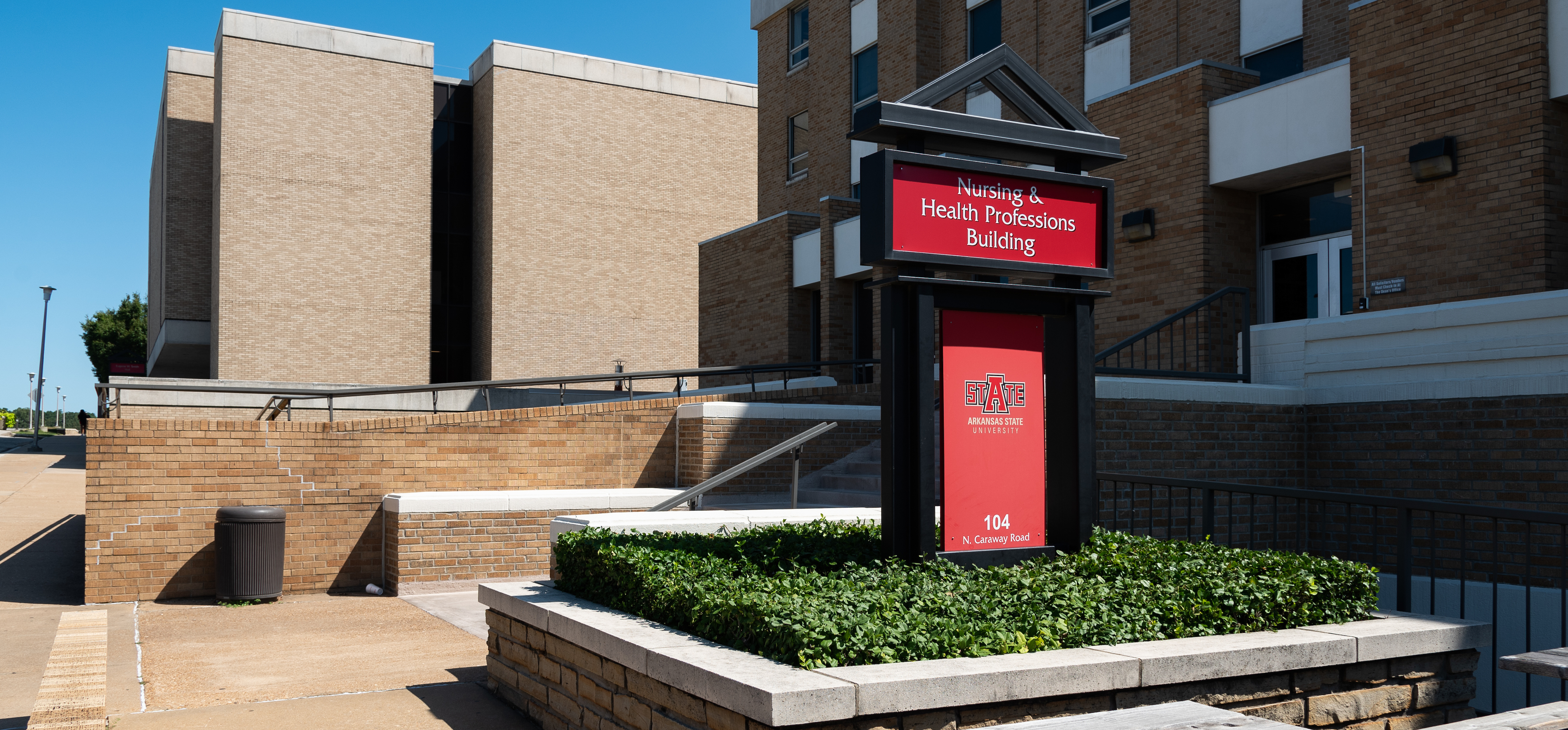Degree Name
Nursing Practice, DNP
Publication Date
6-22-2025
First Advisor
Lisa Drake
Abstract
This quality improvement (QI) project aimed to improve nursing faculty self-efficacy in teaching nursing skills using medium- and high-fidelity simulation. The problem addressed was the increasing number of students requiring multiple attempts to pass skills checkoffs, with some ultimately being withdrawn from the program. Faculty at the project site reported a lack of training and confidence in utilizing simulation technology effectively. A quasi-experimental design was used with a single group of full-time faculty (n=6), who received simulation training and completed the Self-Efficacy Towards Teaching Inventory for Nurse Educators (SETTI-NE) before and after the intervention. The data analysis was conducted using paired sample t-tests. Although statistical significance was not achieved, all post-intervention self-efficacy scores increased, indicating a meaningful trend toward improved faculty confidence. The Donabedian Model, Lewin’s Change Theory, and the Plan-Do-Study-Act (PDSA) cycle were used to guide the project framework. Findings support the integration of simulation-based education as a sustainable strategy to enhance instructional effectiveness, improve course consistency, and ultimately support student learning outcomes in pre-licensure nursing education. This project highlights the importance of investing in structured faculty development and offers a model that may be replicated in similar settings to improve nursing education quality.
Rights Management

This work is licensed under a Creative Commons Attribution-NonCommercial 4.0 International License
Recommended Citation
Kyle, Annie, "Enhancing Education in Nursing Skills: The Impact of Simulation Use on Faculty Self -Efficacy" (2025). Doctor of Nursing Practice Projects. 176.
https://arch.astate.edu/dnp-projects/176


